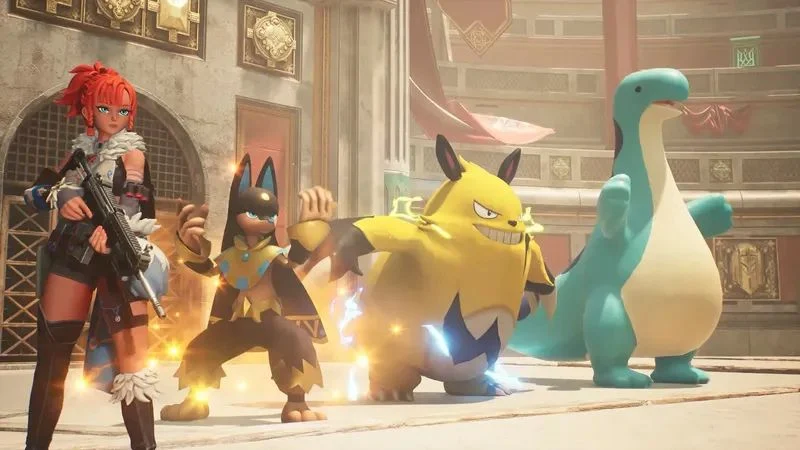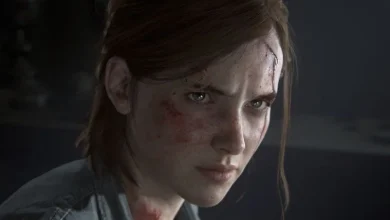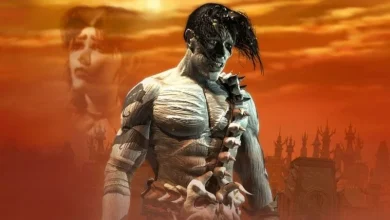Nintendo Files Patent Lawsuit Against Palworld Developer
Nintendo has taken its long-awaited legal step regarding the Palworld game and filed a patent infringement lawsuit against developer Pocket Pair in Japan. Released in January 2024, Palworld attracted attention from many for its similarity to Nintendo’s world-famous Pokémon series. However, this time, Nintendo has taken legal action on the grounds of patent infringement instead of copyright infringement. The company claims that Palworld violates the game mechanics “where the player catches creatures by throwing an object and these creatures belong to the player.”
Similarities Between Palworld and Pokémon
Palworld is described as a game very similar to Pokémon with its creature capture and battle mechanics. A creature named Sparkit in the game has come to the fore due to its similarity to Pokémon’s iconic character Pikachu. However, Nintendo is citing game mechanics rather than design similarities as the grounds for the lawsuit. This patent lawsuit, filed in courts in Japan, is taking shape after Nintendo claims that the creators of Palworld used some patented technologies without permission.
Nintendo’s lawsuit alleging patent infringement instead of copyright is based on differences in the Japanese legal system. While copyright cases require more rigorous proof of “copying” and “similarity,” patent cases focus on technical details. Japan’s lower patent eligibility standards compared to the U.S. made it more appealing for Nintendo to file this lawsuit in Japan. The company claims that Palworld has infringed more than one of the 28 game mechanics patents in its patent portfolio.
It seems that Nintendo is not only putting pressure on its competitors with this lawsuit, but also trying to protect its own technological innovations. Palworld developer Pocket Pair has stated that it does not have clear information about which patents have been infringed so far. This case could be a significant turning point for both Palworld’s future and the protection of creative ideas in the gaming industry. Nintendo’s move seems to be starting a new debate in the protection of intellectual property rights in the gaming world.
Read More: Activision’s Ban on 20,000 Cheaters Draws Backlash





